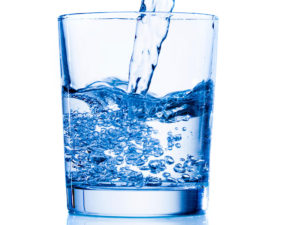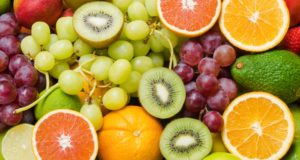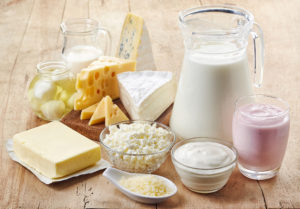(Disclaimer: The information provided here is only indicative. Please check with your doctor or dietician for individual “best practices”. There is no single “kidney diet” and food & diet restrictions are based on an individual’s medical history as well as their current health status.)
When kidney function is impaired or lost completely, the immediate impact felt on the body is the accumulation of excess fluids and toxins in the body. This condition is called ‘uraemia’. This can manifest in many ways:
- Oedema or swelling in the feet, ankles, legs, face etc.
- Shortness of breath
- Nausea
- Vomiting
- Itching sensation
Dialysis is performed to remove the excess fluid and toxins from the body. The kidneys function twenty four hours a day, seven days a week. Dialysis, which replaces only a part of the function of the kidneys is typically performed only thrice a week for four hours each time. Patients in several countries reduce this further due to financial constraints and patients get dialysis twice and sometimes even, once a week.
Due to this compromised removal of fluid and toxins, there is a build-up in the body. Apart from the unpleasant feeling, this excess fluid and toxin build-up is bad for the body. Dialysis patients need to therefore, restrict their fluid intake and the food they eat in order to keep this unhealthy build-up of fluid and toxins to a minimum.
Dialysis patients are advised to watch out for the following three categories of food in their diet:

- Fluid: For most dialysis patients, restricting their fluid intake is the toughest and most hated part of all. Typically the fluid volume allowed for most dialysis patients equals their urine output per day. Many dialysis patients do not pass any urine at all. They are advised to restrict their fluid intake to about a litre per day. This fluid includes all water, tea, coffee, curd, yoghurt, soup etc. Anything that is mainly fluid at room temperature is counted as fluid. The food that we eat also consists of fluid. Rice, for example, a staple for people in many parts of the world is about 70% water. All this goes to a dialysis patient’s daily fluid limit. This restriction is very difficult to follow and many dialysis patients have serious complications of the heart due to this.

- Potassium: Potassium is very important for proper functioning of our muscles. Too much or too little Potassium in the body can be very dangerous for the heart which is the largest muscle in the body. The kidneys are the organs ordinarily responsible for regulating the Potassium in the body. So, if they do not function, the intake of Potassium needs to be restricted. Common foods that have large amounts of Potassium are fruits like Bananas, Mangoes, Oranges. Coconuts, Tomatoes, Spinach and Potatoes also have high Potassium. Dialysis patients need to carefully plan their meals to ensure they do not exceed the recommended intake of Potassium in their meals.

- Phosphorus: Phosphorus is another major problem for dialysis patients. Phosphorus is required for building the bones and teeth in the body. Again, primarily, the kidneys are responsible for removal of excess Phosphorus in the body. Excess Phosphorus in there body causes complications like itching in the short term and can cause serious complications like Vascular Calcification which can be fatal over a period of time. Dialysis patients need to watch the intake of Phosphate rich foods like dairy products, nuts, some types of meat and so on. They are also usually prescribed a Phosphate binder which can bind with excess phosphorus in the body and excrete it out through the stools.
As it is evident, dialysis patients need to be very careful about what they eat and drink. Even a simple social meeting like going out with a friend for coffee becomes quite a task. Several foods are restricted by simply being on dialysis. In addition, many patients have other co-morbidities. Each condition is at times, accompanied by its own set of diet restrictions. Diabetics must control their intake of sugar, for instance.
aHUS patients without access to Eculizumab have to remain on dialysis for years together. This extended period on dialysis increases the frustration associated with the restrictions on fluid intake and diet. Several people become depressed due to cravings for certain restricted foods. This increases the overall burden of the disease and Quality of Life.
This article is the second in the aHUS Alliance series, Dialysis Diaries.
Author Kamal D Shah has been on dialysis for the last 22 years. He is founder of Atypical HUS India, and co-founder of NephroPlus Dialysis Centres, India’s largest Dialysis Centre Network. He is one of the directors of aHUS Alliance Global Action, whose most recent collaboration includes the KDIGO publication on Increasing Access to Integrated ESKD Care. Click HERE to read the aHUS Alliance interview with Kamal D Shah. Click HERE to read his blog.

